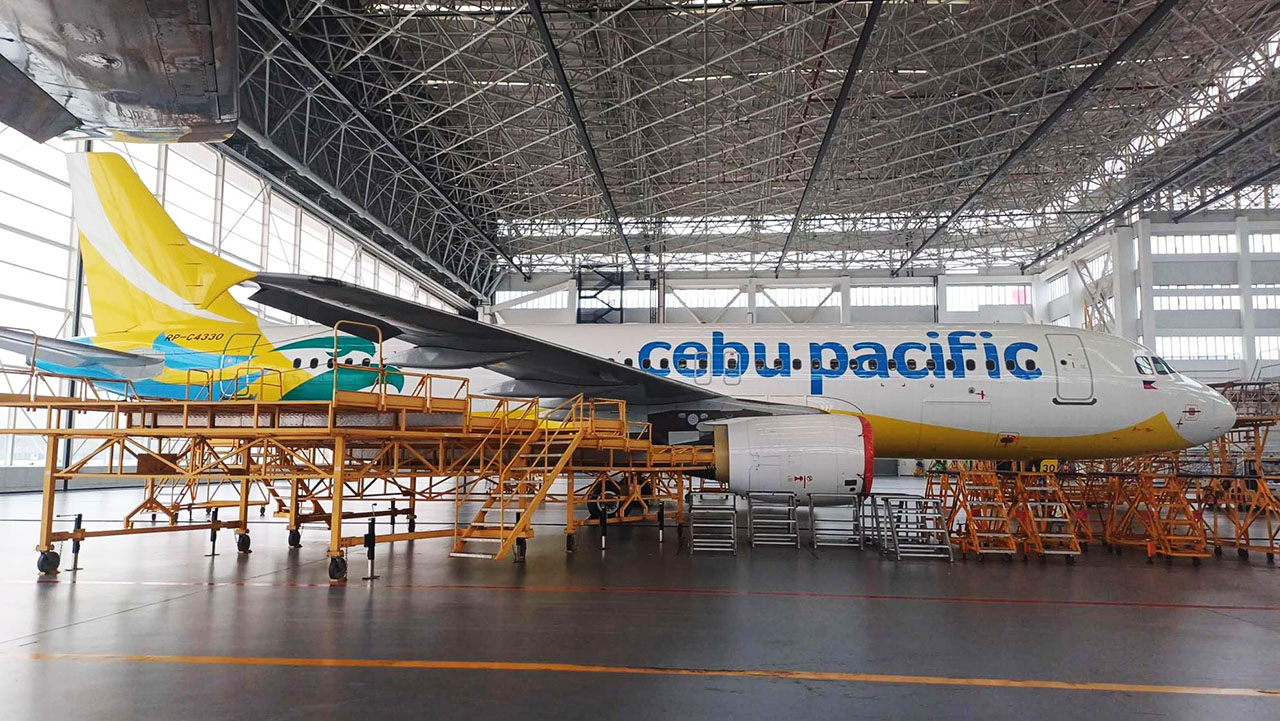Cebu Pacific, the Philippines’ leading carrier, continues to fortify its operational resilience while responding to rising travel demand as it welcomed its first new aircraft delivery for the year.
The latest addition to Cebu Pacific's fleet, an Airbus A320ceo, touched down on February 9, 2024, at Ninoy Aquino International Airport in Manila from Airbus’s facility in Chengdu, China. This delivery heralds the first of the 17 new aircraft scheduled for acquisition by the carrier this year, further amplifying its operational capabilities and enhancing its ability to cater to the evolving needs of travelers.
Xander Lao, President and Chief Commercial Officer of Cebu Pacific, expressed enthusiasm about the aircraft delivery, emphasizing its part in attaining the airline's overarching mission. "This aircraft delivery is aligned with our commitment to provide safe, accessible, and affordable flights for every Juan," said Lao. He further emphasized the airline's excitement to accommodate more passengers across various destinations, facilitated by the continuous expansion of its domestic and international network and the ongoing fleet expansion.

With the arrival of this new aircraft, Cebu Pacific inches closer to attaining a fleet count of 91 by the end of the year and affirms its position as one of the carriers with the youngest fleets globally. The current fleet encompasses a diverse range of aircraft, including seven Airbus A330s, 35 Airbus A320s, 20 Airbus A321s, and 14 ATR turboprop aircraft, which not only highlights the airline's commitment to providing extensive domestic connectivity but also reflects its proactive approach towards fleet modernization.
Closely related to its fleet expansion, Cebu Pacific has also embarked on a transformative journey towards greater sustainability, with a strategic focus on reducing its carbon footprint within the aviation industry.
In October 2023, the airline entered into a strategic partnership with Neste, the world’s leading sustainable aviation fuel (SAF) producer, to establish a long-term supply of SAF across the Asia-Pacific region. This initiative is in line with Cebu Pacific's goals to integrate SAF into its operations gradually, thereby mitigating carbon emissions and promoting sustainable practices in the airline industry.
In September 2022, the airline operated its first passenger flight powered by SAF, setting a precedent as the first low-cost carrier in Southeast Asia to embrace this sustainable aviation initiative. Building on this momentum, Cebu Pacific aims to integrate blended SAF across its entire commercial network by 2030, reaffirming its dedication to environmental stewardship and sustainable aviation practices.
In line with industry-wide efforts to achieve net-zero carbon emissions by 2050, Cebu Pacific remains steadfast in its commitment to driving positive change within the aviation sector. Through a combination of fleet expansion, sustainable fuel adoption, and operational efficiency enhancements, the airline continues to pave the way for a greener and more sustainable future while ensuring that flying remains safe, reliable, and affordable for everyone.
For more information on Cebu Pacific, visit cebupacificair.com


